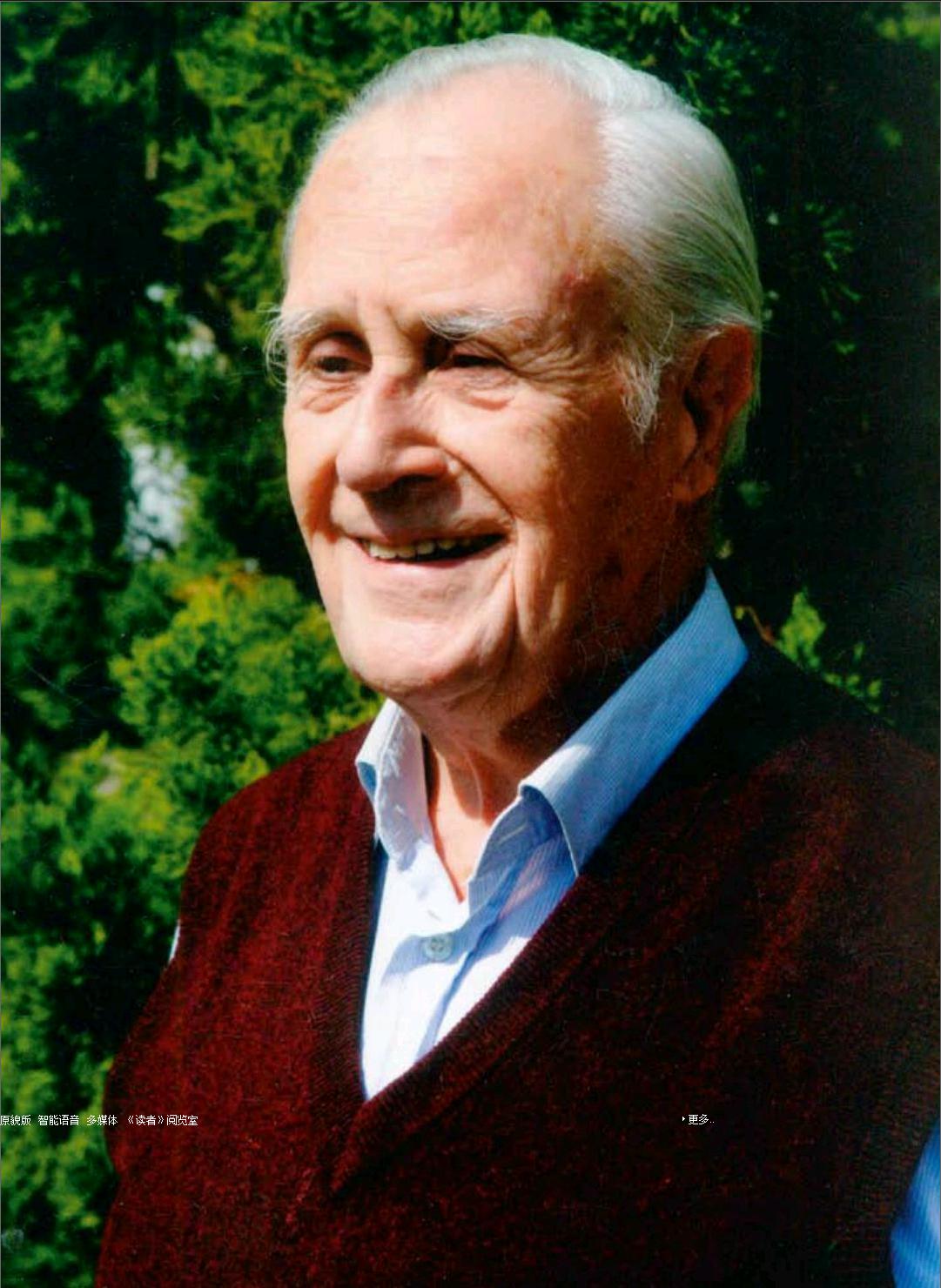A Transcendent Life
by+Yin+Xing



Sidney Shapiro liked to stroll down Nanguanfang Hutong near Shichahai Lake in Beijing. The door plate of one compound in the hutong (small alley) shows both English and Chinese names. Sidney Shapiro named himself Sha Boli, which literally means “knowledgeable and wise” in Chinese. When visitors arrived, he greeted them in person and escorted them through a courtyard accented by tulips, roses and bamboo. Along the way, he usually mentioned factoids about Beijing or hutongs. Shapiro often performed tai chi while listening to jazz. He liked gardening and grew fond of local Beijing flavors including soy milk and fried bread sticks. In his neighbors eyes, Shapiro was just another ordinary “elderly Chinese person.”
After leaving New York for Shanghai in 1947, the Americanborn man stayed in China for 67 years throughout a legendary life. Shapiro was born into a Jewish family in New York and spent his childhood there. He attended law school and became a lawyer. During World War II, Shapiro served as a gunner operating a 40-mm Bofors anti-aircraft gun. He began studying Chinese by accident, which turned out to be his “first step along the road to a life and career in China.” After he left the army, Shapiro no longer liked the idea of a career in law and decided to further his Chinese study at Columbia University and Yale. The next spring, craving adventure, with $200 dollars in his pocket, Shapiro boarded a small freighter bound for Shanghai, even though at that time“Shanghai was a world of devils, plagued by virulent inflation. There were corpses on every corner. And in the country, civil war was a hair trigger away.”
Shapiro contacted a few people he had been asked to look up by connections made in the states. The first was Fengzi (Phoenix). Phoenix was actually the girls stage and pen name. During the Japanese invasion, Phoenix had become a newspaper reporter– Chinas first female war correspondent – and when they met, she was working as an editor for a leftist magazine. Shapiro was enchanted by the brave girl, who called herself “a rebel of a rebellious time.” On May 16, 1948, they were married and made their way to Beijing. After the city was liberated, they both went to work– Phoenix as a dramatist, Shapiro as a literary translator.
Enduring thick and thin together, this Sino-American couple faced many challenges resulting from national and cultural conflicts. During the Korean War, Phoenix ventured to the front lines with a group of writers and artists to convey greetings, where she saw the horrors of war first-hand, barely escaping bombs dropped by U.S. forces. This “devastating experience” left Phoenix utterly miserable for a time since her husband was American. During the“cultural revolution,” Phoenix was placed under long-term house arrest while her history was “investigated.” Shapiro did not abandon his wife, but wrote a letter to Chinese Premier Zhou Enlai to request Phoenixs release. Shapiro and Phoenix knew each other well. “It was thanks to her that I was able to adapt and live contentedly in a China which became my China,” wrote Shapiro in his book. And in Phoenixs eyes, everything about China aroused Shapiros curiosity. “He was very fond of anything Chinese.”

